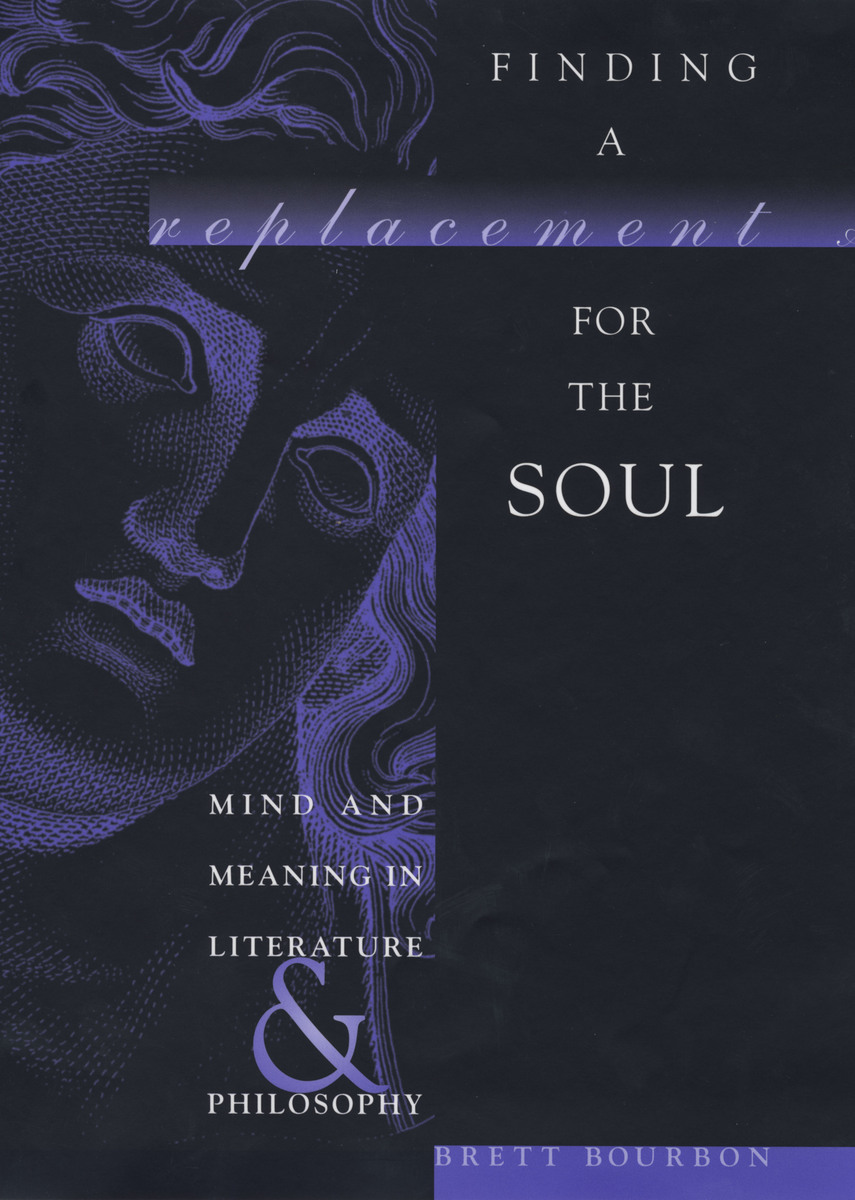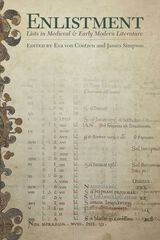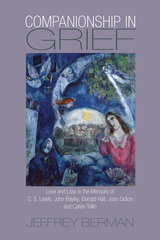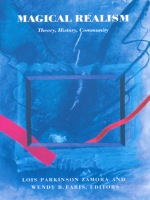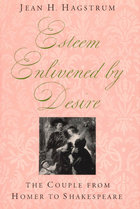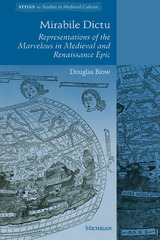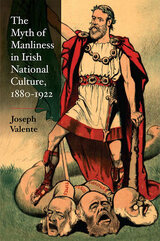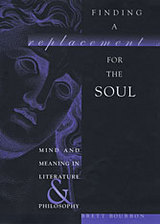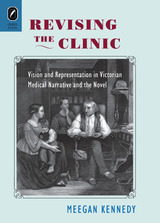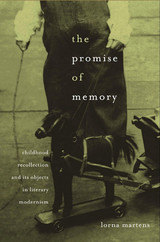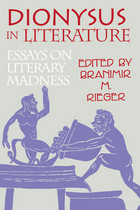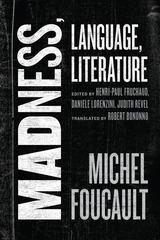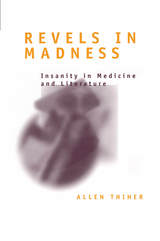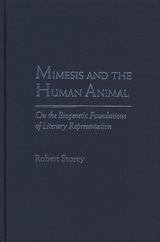eISBN: 978-0-674-02859-3 | Cloth: 978-0-674-01297-4
Library of Congress Classification PN56.M37B68 2004
Dewey Decimal Classification 801
Approaching the study of literature as a unique form of the philosophy of language and mind—as a study of how we produce nonsense and imagine it as sense—this is a book about our human ways of making and losing meaning. Brett Bourbon asserts that our complex and variable relation with language defines a domain of meaning and being that is misconstrued and missed in philosophy, in literary studies, and in our ordinary understanding of what we are and how things make sense. Accordingly, his book seeks to demonstrate how the study of literature gives us the means to understand this relationship.
The book itself is framed by the literary and philosophical challenges presented by Joyce’s Finnegans Wake and Wittgenstein’s Philosophical Investigations. With reference to these books and the problems of interpretation and meaning that they pose, Bourbon makes a case for the fundamental philosophical character of the study of literature, and for its dependence on theories of meaning disguised as theories of mind. Within this context, he provides original accounts of what sentences, fictions, non-fictions, and poems are; produces a new account of the logical form of fiction and of the limits of interpretation that follow from it; and delineates a new and fruitful domain of inquiry in which literature, philosophy, and science intersect.
See other books on: 1882-1941 | Joyce, James | Meaning | Mind | Soul
See other titles from Harvard University Press
